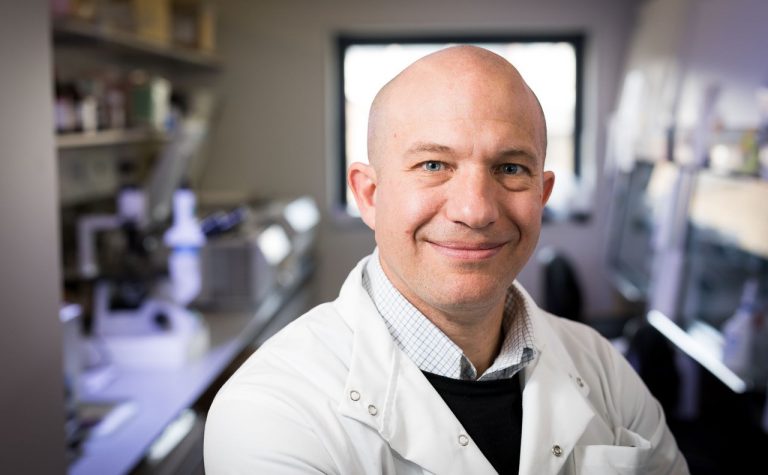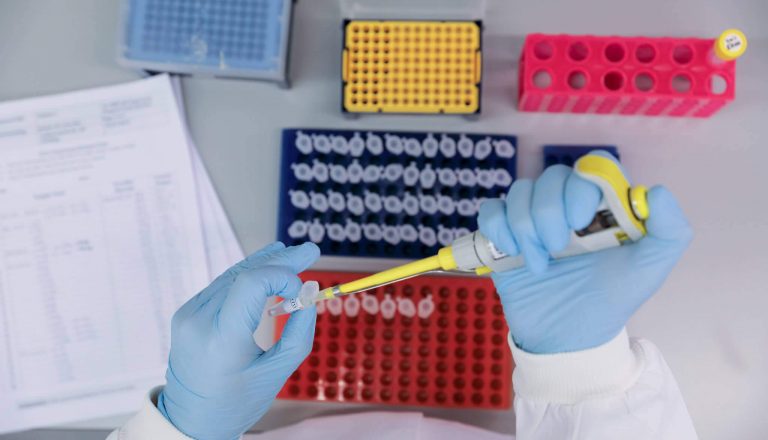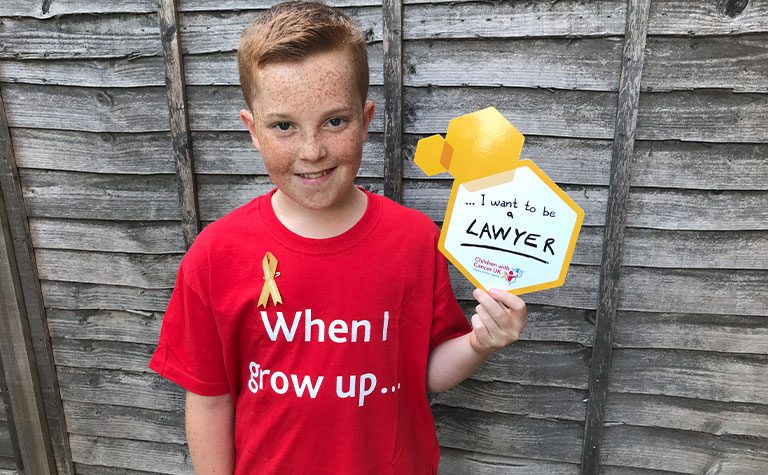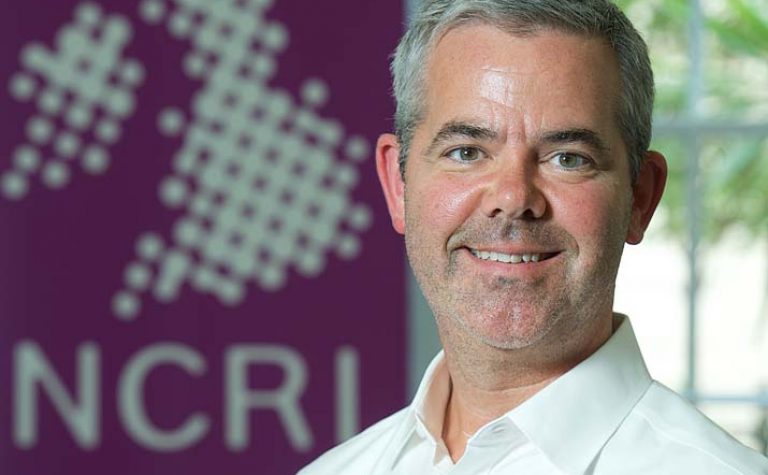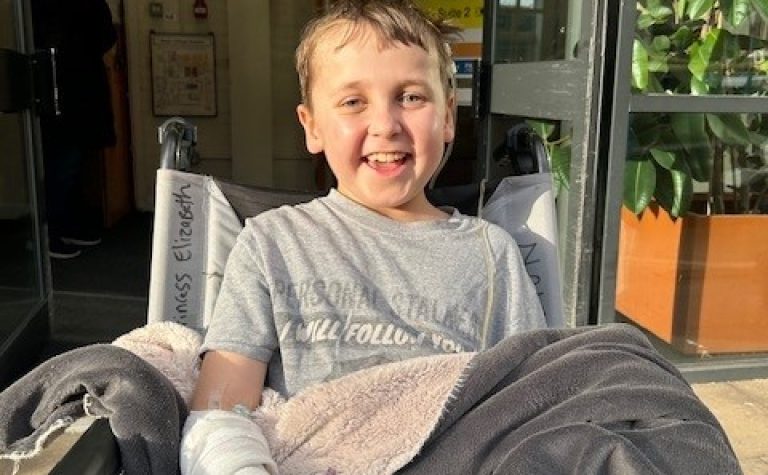About the Research Team
This is a joint project by Dr Marc Mansour and Dr Martin Pule, both at the UCL Cancer Institute, combining the expertise of both research groups. Dr Mansour is a consultant haematologist who specialises in the treatment of patients with acute leukaemia at UCL Hospital (UCLH), one of the largest malignant haematology centres in Europe. For many years, his research has focused on T-ALL, where he has been involved in discovering several of the genetic causes of the disease, particularly on how some cancer-causing genes are activated. He spent four years researching T-ALL at Harvard Medical School and the Dana-Farber Cancer Institute in Boston. His lab at the UCL Cancer Institute is investigating new ways of targeting T-ALL cells without harming healthy cells. Dr Pule is a pioneer of CAR T-cell therapy; during his PhD studies in Baylor College in USA, he led one of the first CAR T-cell trials ever to be conducted in humans. His lab at the UCL Cancer Institute is at the forefront of developing new CAR T-cell technologies, particularly in how to make them safer and more effective, and several clinic trials are ongoing at UCLH using technology developed in his lab.